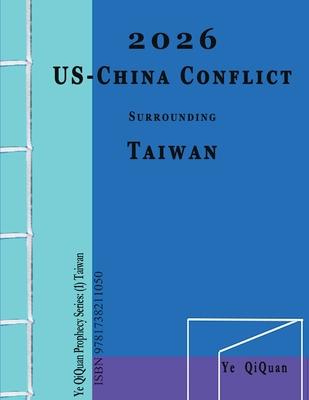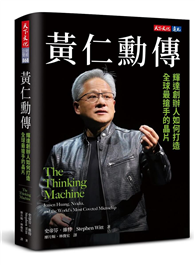China’s move to unify Taiwan in 2026 will officially launch the G2 order.
China’s unification action is a small campaign militarily, but a decisive step politically since the Second World War. This action will declare that the world operates under a G2 order.
The United States and its allies are virtually powerless to prevent, delay or reverse China’s efforts to unify Taiwan. But the West must respond to this action. Failure to respond would be political suicide. The wrong response can also have suicidal consequences.
The US response plan theoretically consists of two sets, a pre-event plan and a post-event plan, with a total of 6 toolkits. These include pre-peace negotiation plans; pre-emptive containment plans; post-event comprehensive political sanctions; comprehensive political sanctions plus economic sanctions; political sanctions plus military appeasement plans; and comprehensive total war plans.
Once the United States enters a war with a medium to high level of response, the probability of withdrawal from East Asia is quite high. A higher level of war response could involve more variables. These variables include the initiation, acceleration and intensification of the process of comprehensive border movements in Europe; Russia’s push to the L1 line; the deconstruction and reorganisation of the current European power order; the great chaos involving the European core area and surrounding areas; the choice between G2 and G3 after the war or the uncertainty of the G4 system, etc.
In the face of China’s "defensively offensive strategy", the chances of the American group defeating China (group) are quite small. However, although China (group) has the potential to deconstruct the European order and the US-led imperial order, it does not have the ability and opportunity to defeat the United States at the national level. China may not have the initiative to exploit its potentials fully.
This does not mean that the United States has no chance of defeating China. Breaking the ground rules of the imperial order and successfully implementing a pre-emptive containment plan is one of them. However, the uncontrollable endpoint is a greater obstacle to the implementation of this plan.
he early and rapid initiation of nuclear war, and the initiation of nuclear war after the failure of total war, will increase the possibility of military victory for the American group. Once Western public opinion believes that nuclear war can increase the possibility of victory, it will be extremely difficult for Western politicians to stop the nuclear option. This fact places the primary responsibility for preventing nuclear war on China. Building a comprehensive nuclear deterrent against the West is a nuclear responsibility that China must shoulder.
In the complex response process, Europe’s participation in the Sino-US military conflict will put tremendous pressure on China. At the same time, it will create enormous uncertainty for the prospects of Europe as a whole. European politicians need to spend more time considering European options.
The complexity of the US plan to deal with China will add to the uncertainty of the world situation. Japan, South Korea and the Philippines will play different roles and have different consequences at different stages of the military conflict between China and the United States.

 看圖書介紹
看圖書介紹










